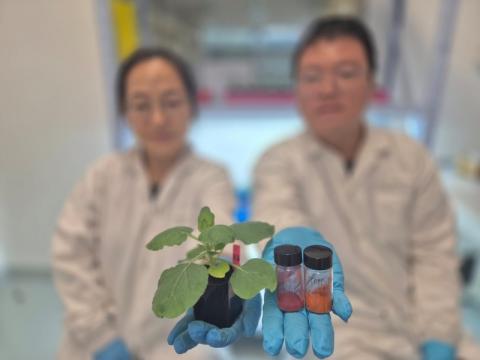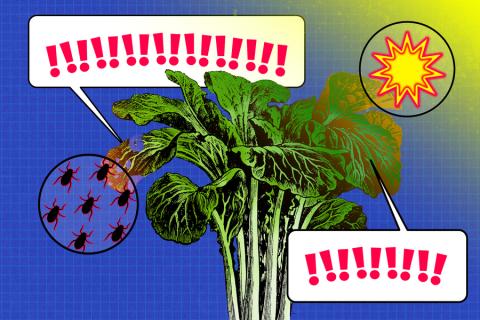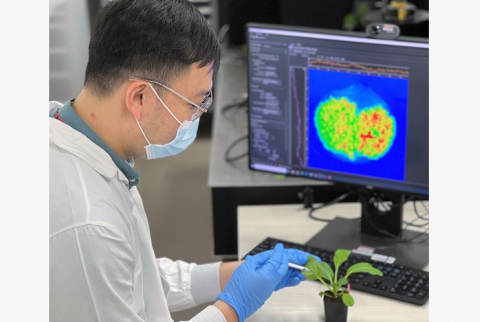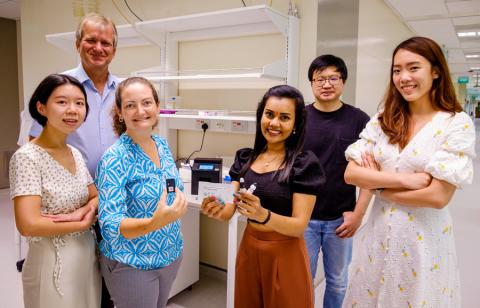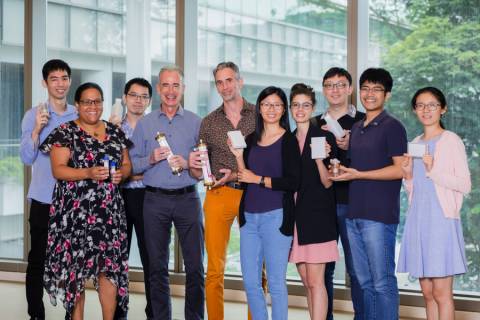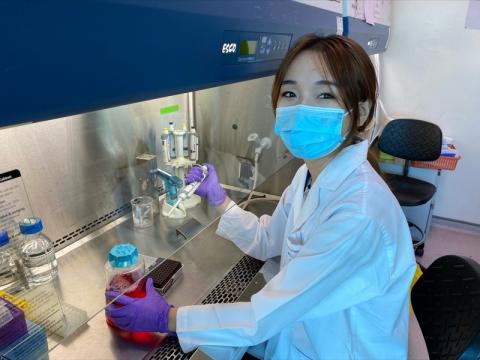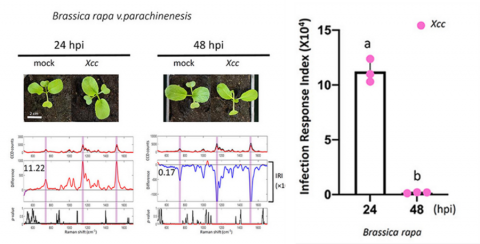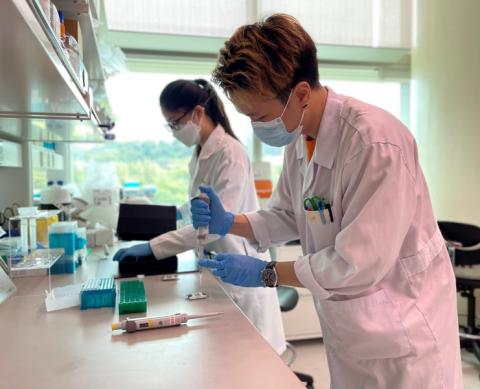Sensors developed by SMART researchers are capable of detecting pH changes in plant xylem enable farmers to detect drought stress up to 48 hours before visible physical symptoms manifest.
SMART
Plant sensors could act as an early warning system for farmers
Satellite-based method measures carbon in peat bogs
The technique could enable restoration efforts and doesn’t require labor-intensive onsite sampling.
Nanotube sensors are capable of detecting and distinguishing gibberellin plant hormones
Developed at SMART, the nondestructive nanosensors could have wide applications in agricultural science.
SMART researchers develop quick test to determine immunity against Covid-19
Test that measures a person’s antibodies requires a drop of blood and takes just 10 minutes to show results.
Assay determines the percentage of Omicron, other variants in Covid wastewater
Developed by the Singapore-MIT Alliance for Research and Technology, the assay can provide new details about the type of SARS-CoV-2 circulating in a community.
Researchers pioneer a new way to detect microbial contamination in cell cultures
An anomaly-detection model developed by SMART utilizes machine learning to quickly detect microbial contamination.
SMART researchers enable early-stage detection of microbial contamination in cell therapy
Rapid and accurate analytical test method enhances the production of high-quality cell therapy products.
SMART researchers develop method for early detection of bacterial infection in crops
The Raman spectroscopy-based method enables early detection and quantification of pathogens in plants, to enhance plant disease management.
New 10-minute test detects Covid-19 immunity
Paper-based blood test developed by SMART researchers can rapidly determine the presence of SARS-CoV-2 neutralizing antibodies.


